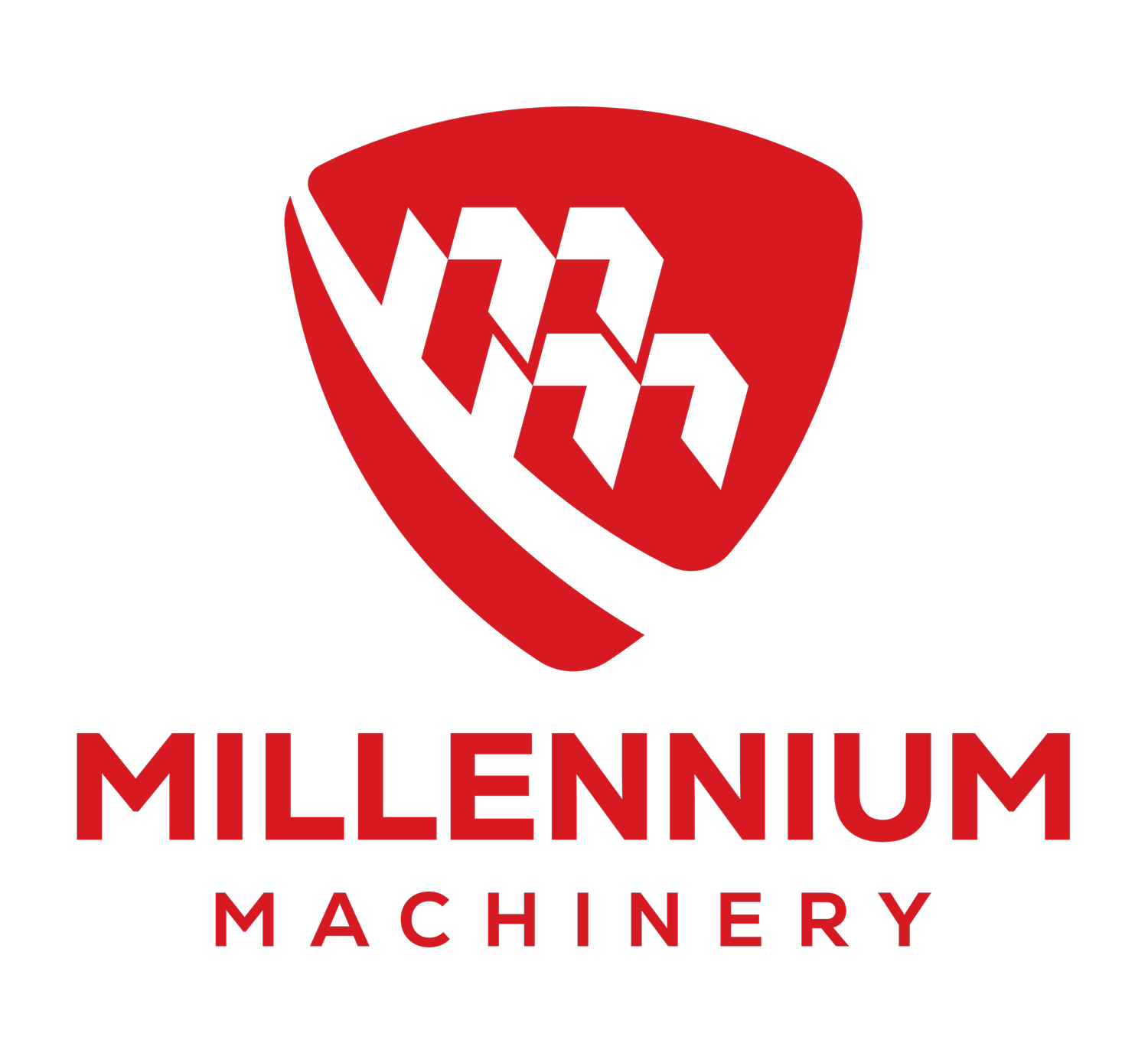CINCOM L12 VII
Handles both Swiss-type and bar chucker applications in a compact space-saving design
The Cincom L12 type VII is a state-of-the-art Swiss Turning Center featuring the ALL axis Simultaneous Cincom System M7 Control (Mitsubishi Meldas 70LPC). The user-friendly editing function, which utilizes multi-line multi-axes programming along with superimposed and synchronized control, makes setting up the most complex jobs easy.
The L12 is equipped with a detachable guide bushing as standard. This allows the machine to be used as a regular guide bushing type automatic lathe for long and small diameter workpieces. Once the guide bushing is removed, it can be used to machine short workpieces with less material waste.
Additional Details
Standard NC Functions
NC unit dedicated to the L12
8.4″ Color LCD
Program storage capacity: 160m
Tool offset pairs: 40
Product counter indication (up to 8 digits)
Spindle speed change detector
Constant surface speed control function
Automatic power-off function
On-machine program check function
Chamfering corner R
Variable lead thread cutting
Arc threading function
Geometric function
Spindle C-axis function
Milling interpolation
Back spindle C-axis function
Back spindle chasing function
Canned cycle drilling
High speed rigid tapping function
Rigid tapping phase adjustment function
Differential speed rotary tool function
Tool Life Management I
Tool Life Management II
External memory program driving
User macros
Helical interpolation function
Inclined helical interpolation function
Hob function
Polygon function
Inch command
Sub inch command
Optional NC Functions
Tool offset pairs: 80
Optional block skip (9 sets)
Standard Accessories
Main spindle chucking device
Back spindle chucking device
Gang rotary tool driving devices
Coolant device (with level detector)
Lubricating oil supply unit (with level detector)
Machine relocation detector
Door lock
Workpiece separator
Lighting
Back rotary tool driving unit
Rotary guide bushing device
Optional Accessories
Cut-off tool breakage detector
Knock-out jig for through-hole workpiece
Workpiece conveyor
Chip conveyor
High pressure coolant device
Coolant flow rate detector
Signal lamp
3-color signal tower
Optional Accessories
Cut-off tool breakage detector
Knock-out jig for through-hole workpiece
Workpiece conveyor
Chip conveyor
High pressure coolant device
Coolant flow rate detector
Signal lamp
3-color signal tower
Machine Specifications
Maximum machining diameter (D)
Maximum machining length (L)
Maximum front drilling diameter
Maximum front tapping diameter (tap, die)
Spindle through-hole diameter
Maximum main spindle speed
Maximum chuck diameter of back spindle
Max. part length for front ejection to standard part separator
Max. protrusion length of back spindle workpiece
Max. drilling diameter for back spindle
Max. tapping diameter for back spindle
Back spindle speed
Gang rotary tool: Maximum drilling diameter
Gang rotary tool: Spindle speed
Back tool post rotary tool: Maximum drilling diameter
Back tool post rotary tool: Maximum tapping diameter
Back tool post rotary tool: Spindle speed
Number of mountable tools
Gang tool post
Gang rotary tools
Gang drilling tool
Back tool post
Tool size: Tool
Tool size: Sleeve
Main spindle collet chuck
Guide bushing
Back spindle collet chuck
Rapid feed rate
Motors: Spindle drive
Motors: Gang tool post rotary tool drive
Motors: Back spindle drive
Motors: Back tool post rotary tool drive
Motors: Lubricating oil
Center height
Input power capacity
Air pressure and air flow rate for pneumatic devices
Weight
∅ 12 mm (∅ 16 mm option)
GB: 135mm/1 chuck; NGB: 30mm/1 chuck
∅ 8 mm
M6
∅ 20 mm
GB 15,000 rpm; NGB 12,000 rpm
∅ 12 mm
80 mm
30 mm
∅ 6 mm
M5
Max. 10,000 rpm
∅ 5 mm
10,000 rpm
∅ 5 mm
M4
Max. 9,000 rpm
Maximum 28
6
4 Stations (1 built-in/3 quill)
Front 4, Back 4
4
3/8″ square shank
3/4″ diameter shank
TF16
SD125R
TF16
(all axes) 35m/min
2.2/3.7 kW
0.75 kW
0.4/0.75 kW
0.5 kW
0.25 kW
39″ (1000 mm)
6.1 kVA
0.5 MPa. 60NL
3,748 lbs (1700 kg)
LFV Technology
We provide next-generation machining tools to greatly reduce or eliminate a host of chip-related problems during cutting, taking your productivity to the next level.
LFV technology stands for low frequency vibration cutting. The servo axes are vibrated in the axial direction using a unique control technology where by cutting is performed while synchronizing
this vibration with the rotation of the spindle. This cutting method introduces regular "air-cutting" into the cycle, breaking up of chips into very small pieces making it the optimum processing method
for difficult-to-machine materials.

